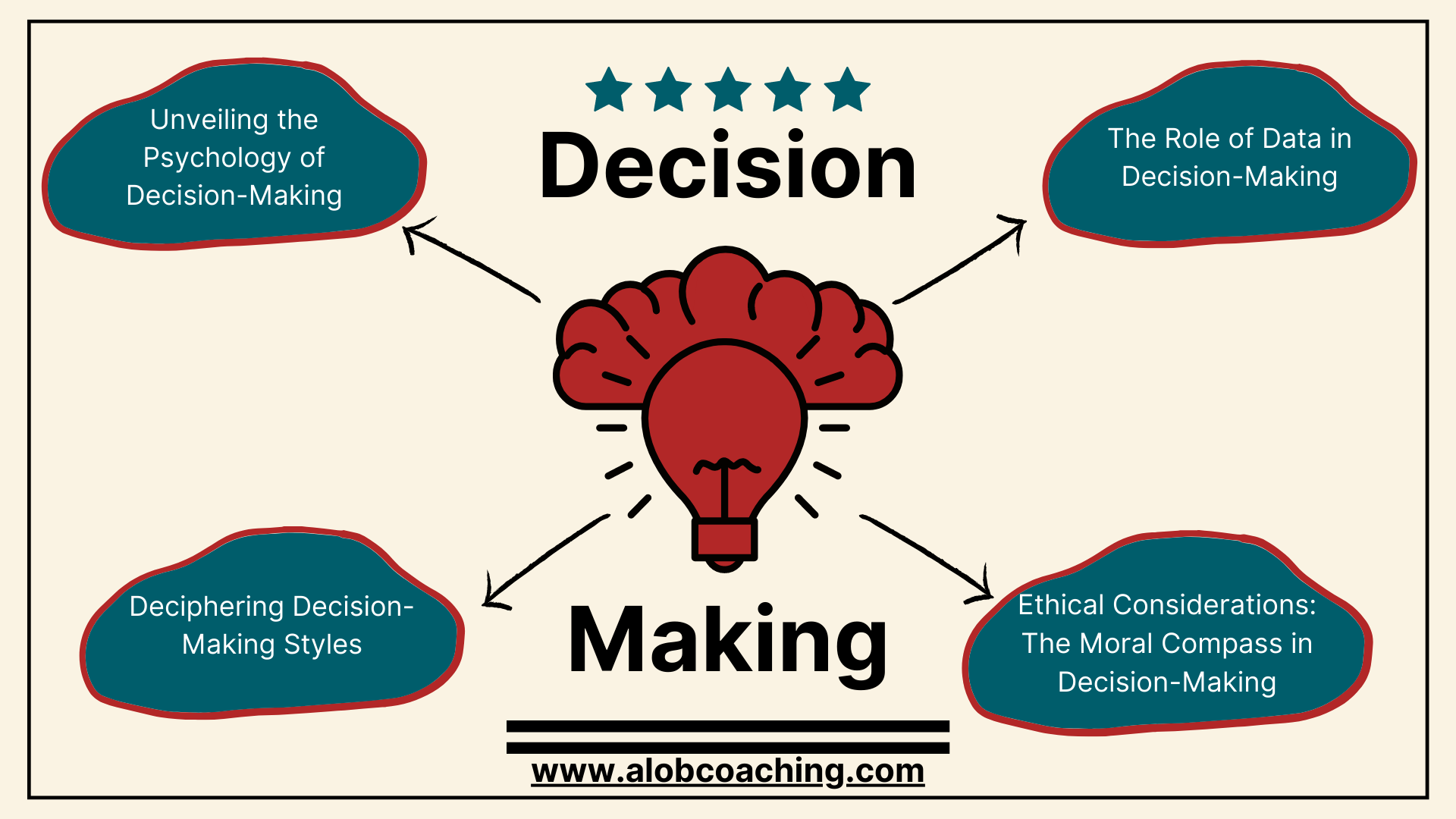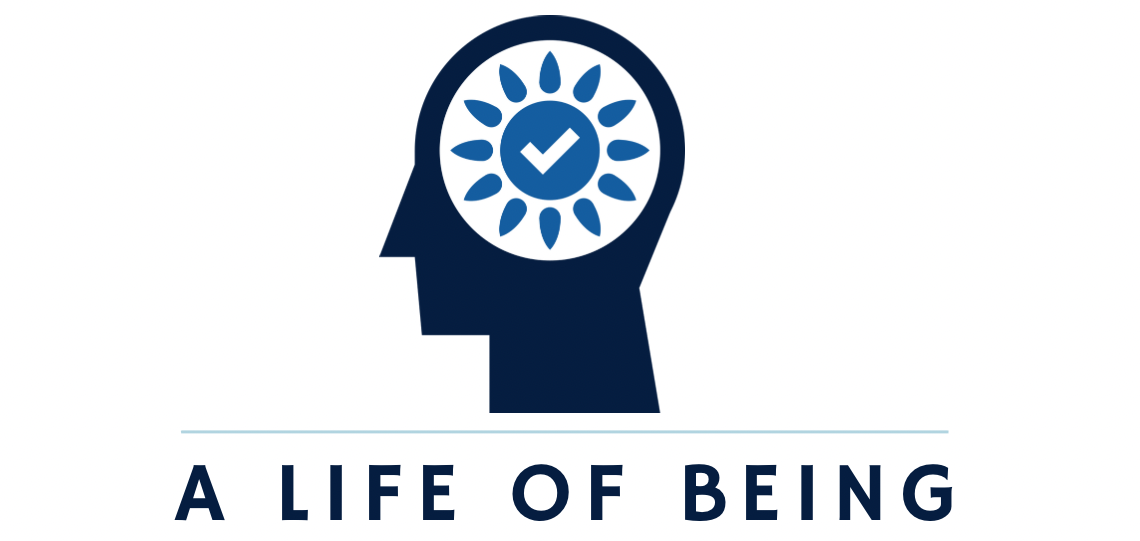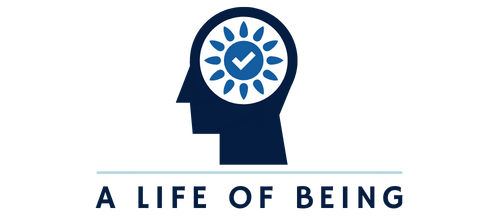The Art of Delegation in Leadership
In the ever-evolving realm of leadership, a crucial skill has emerged as the linchpin of success: the art of delegation. Delegation is not merely about task assignment; it encompasses the establishment of reciprocal relationships with team members, fostering a collaborative environment that yields positive outcomes. Recent studies have delved deep into this approach, underscoring the significance of mutual respect, trust, and transparent communication between leaders and their teams.
Guided by the insights of positive psychology, Bryan Cavins has unveiled five pivotal practices that epitomize exemplary leadership, where delegation takes center stage. These practices transcend mere methodologies; they are transformative approaches that breed shared visions, foster innovation, and cultivate unity within the team. Let's delve into these practices while unveiling a newfound perspective on leadership:
Modeling the Way:
At the core of leadership lies the leader's personal actions. By aligning individual values with the organization's values, leaders inspire confidence and set an example for desired behaviors. This practice encapsulates two commitments: introspection into personal values to guide decision-making, and active promotion of shared values within the organization.
Thus, Modeling the Way not only cultivates common practices but also instills a culture driven by shared values. This involves modeling effective delegation strategies and demonstrating trust in team members' abilities to carry out tasks independently.
Inspiring a Shared Vision:
Distinguished leaders possess the ability to envision and articulate a compelling future for the organization. This visionary practice involves setting attainable goals and linking them to the aspirations of team members. It entails two commitments: the pursuit of new opportunities with bold enthusiasm and the establishment of relationships that align the vision with both organizational and individual triumph.
Inspiring a Shared Vision transforms leaders into ignition points of passion, uniting teams behind a magnetic goal. This practice requires leaders to communicate their vision and then empower team members to contribute their unique perspectives and skills, granting them the autonomy to execute tasks in alignment with the vision.
Challenging the Process:
Exemplary leaders are pioneers, acknowledging the value of change and innovation. They recognize that progress entails experimentation, risk-taking, and learning from failures. This practice necessitates two commitments: proactive pursuit of change through incremental victories and instilling confidence, and embracing calculated risks and experimentation for organizational growth.
Challenging the Process empowers leaders to spearhead innovation, driving the organization toward a brighter future. Leaders embracing this practice encourage their team members to take calculated risks and experiment with new approaches, allowing for innovation and growth in the delegation process itself.
Enabling Others to Act:
A mark of effective leaders is their understanding that leadership is a collective endeavor. Collaboration, trust-building, and shared leadership form the essence of this practice. Here, delegation takes the spotlight, involving entrusting team members with tasks that leverage their strengths. The commitments include fostering a collaborative atmosphere, nurturing trust through positive relationships, and empowering team members to contribute insights and make informed decisions.
Enabling Others to Act cultivates a synergistic environment, elevating overall performance. From a delegation perspective, this practice emphasizes empowering team members by delegating tasks that align with their skills and strengths, fostering a sense of ownership and collaboration.
Encouraging the Heart:
In the face of challenges, leaders who celebrate achievements and foster a sense of community shine bright. This practice encompasses nurturing a positive motivational climate, setting high expectations, and offering the support needed to meet them. Encouraging leaders authentically celebrate accomplishments, fostering a strong sense of identity and camaraderie. Through optimism, compassion, and genuine concern, leaders foster an atmosphere of excitement for the organization's journey ahead. In terms of delegation, this practice involves recognizing and celebrating the contributions of team members, providing constructive feedback, and creating an environment where each individual's efforts are acknowledged and valued.
These five practices, deeply rooted in relational leadership redefine the essence of effective leadership. By emphasizing mutual respect, trust, open communication, visionary thinking, innovation, collaboration, and skillful delegation, leaders can shape a dynamic environment primed for growth, unity, and success.
And now, to gauge your influence as a leader and uncover your potential for lasting impact, we invite you to take the
Leadership Influence IQ assessment. This comprehensive evaluation, built on over two decades of positive psychology techniques, measures your proficiency in various domains crucial to effective leadership. It assesses your ability to navigate challenges and make a meaningful difference. Embark on this journey of self-discovery and elevate your leadership prowess with the
Leadership Influence IQ assessment. Your journey towards transformative leadership begins here.
The Blog


a b c d e f g h i j k l m n o - Do not remove from template!!! it is important to support different fonts




